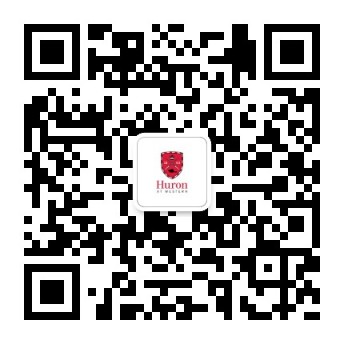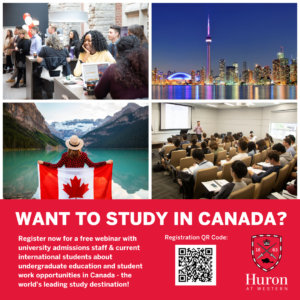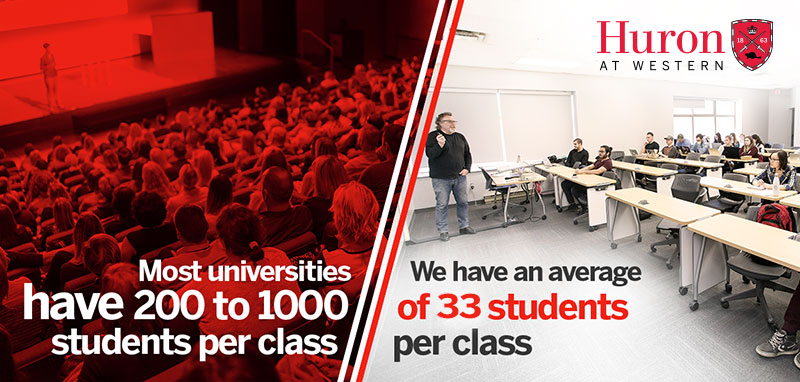Alternate spring break experience provides global perspective
This experiential learning trip explored issues of justice, peace, equity, and sustainability. It taught me to be mindful about where the things I consume and use on a daily basis come from, and to be curious about the lives and stories of those who produce it.
For university students, spring break is often an opportunity for much needed rest at home or a chance for a get-away to a tropical oasis with friends. However, a group of students at Western University chose to spend their spring break differently this year. The university’s ‘Alternative Spring Break’ (ASB) program offers experiential learning opportunities in different countries around the world during the February reading break.
Danika Morrison, a second-year Huron student studying global development, travelled to Guatemala over the February break on ASB’s “Brewing Justice” learning trip. This was Western’s first time implementing this particular program with partner organizations in Guatemala.
On February 16, seven students and two professors from Western and its affiliates flew into Guatemala City. From there, they travelled to different parts of Guatemala—including Antigua, Quetzaltenango, Santa Anita, and Lake Atitlan—to meet coffee farmers and artisans, and to learn about some unique coffee co-operatives.
The experience was designed for students to learn about the fair-trade coffee industry, with a first-hand look into the “seed to shelf” process and ways of doing business in coffee production. Students were immersed in the rich culture, language and history of Guatemala through staying with host families and talking with community members. “We learned about the atrocities of the Guatemalan civil war and how communities are still figuring out who they are and how to heal and move on from the war,” Morrison reflects. One of the coffee co-ooperatives they visited was established and run by ex-guerilla fighters.
Through meeting individuals and learning their stories of hardship, hope and perseverance, the students learned about the hard work and dedication that it takes coffee farmers and small business owners to make a livelihood for themselves and their families. Looking back, Morrison recognizes that: “this experiential learning trip explored issues of justice, peace, equity, and sustainability. It taught me to be mindful about where the things I consume and use on a daily basis come from, and to be curious about the lives and stories of those who produce it.”
Morrison reflects that this experience will help her look more critically at course materials. “Since I returned, I have written a paper for my Women’s Studies class about the continuous trauma experienced by sexual assault victims from the Guatemalan civil war and a paper about transitional justice and the peaceful transformation of ex-Guerillas into coffee farmers, for my Political Science course. I was able to draw on conversations I had in the community that we stayed in for these papers.”
Huron is a leader in recognizing the value in community-based and experiential learning opportunities. Experiential learning provides students with the opportunity to apply the theories and practical knowledge that they learn in their classes in the real world. This helps students become more globally minded, and recognize their place and privilege in the world. It also makes their studies more relevant, connecting their coursework to issues they are passionate about.
For Morrison, “The opportunity to apply what I am learning in my Global Development classes was invaluable. Having opportunities to meet people who are working at things like community sustainability and post-war peace initiatives has made my classroom learning come to life. It assures me that I’m studying in the right place.”


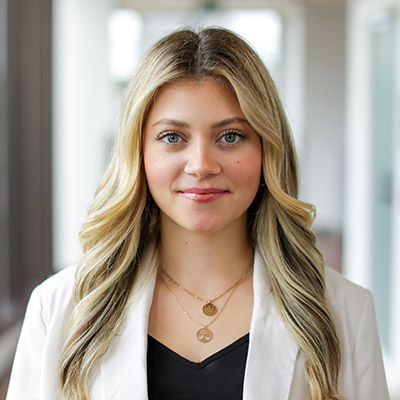
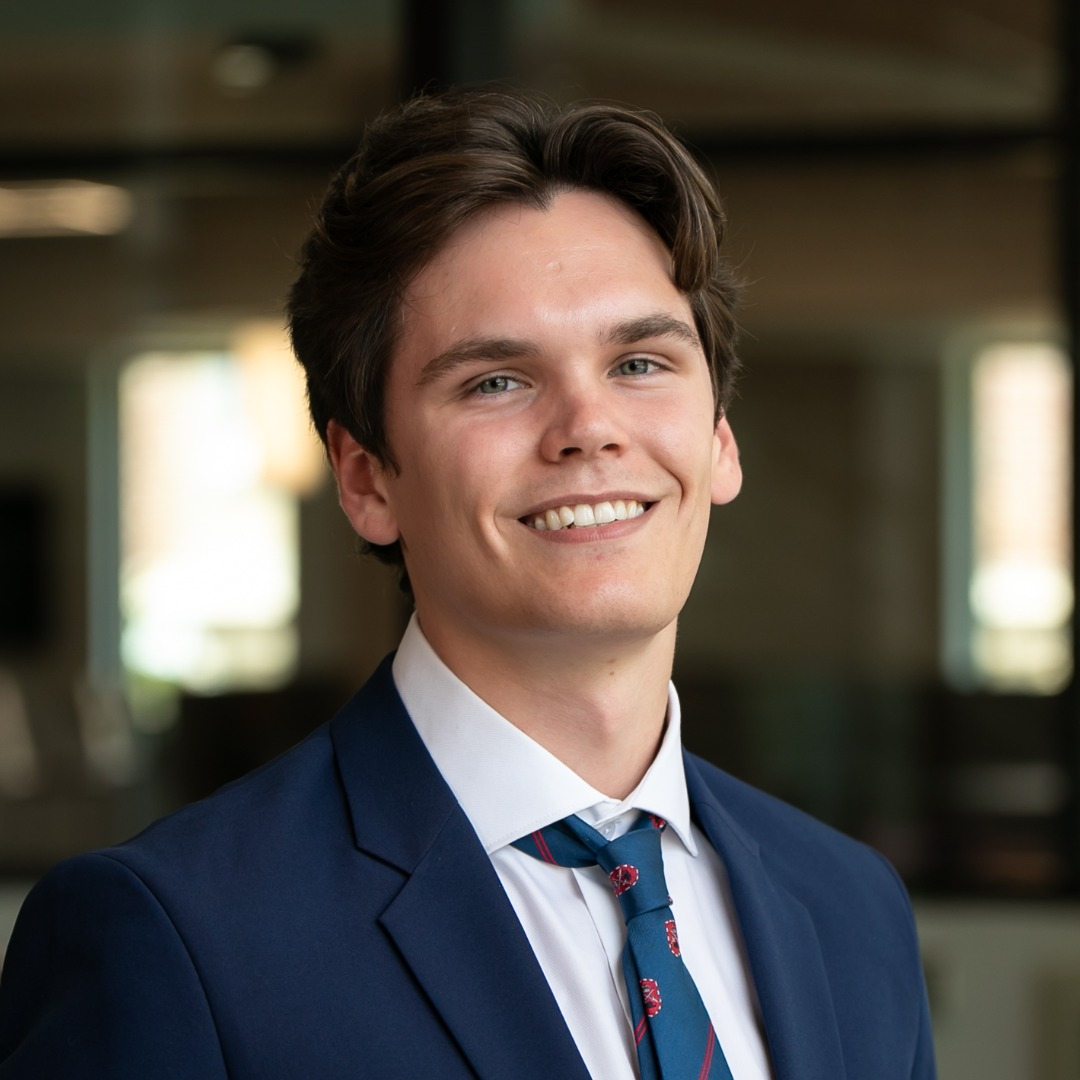
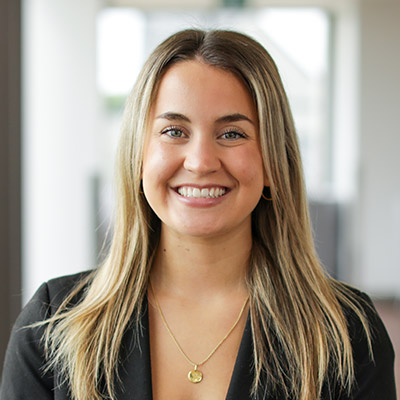
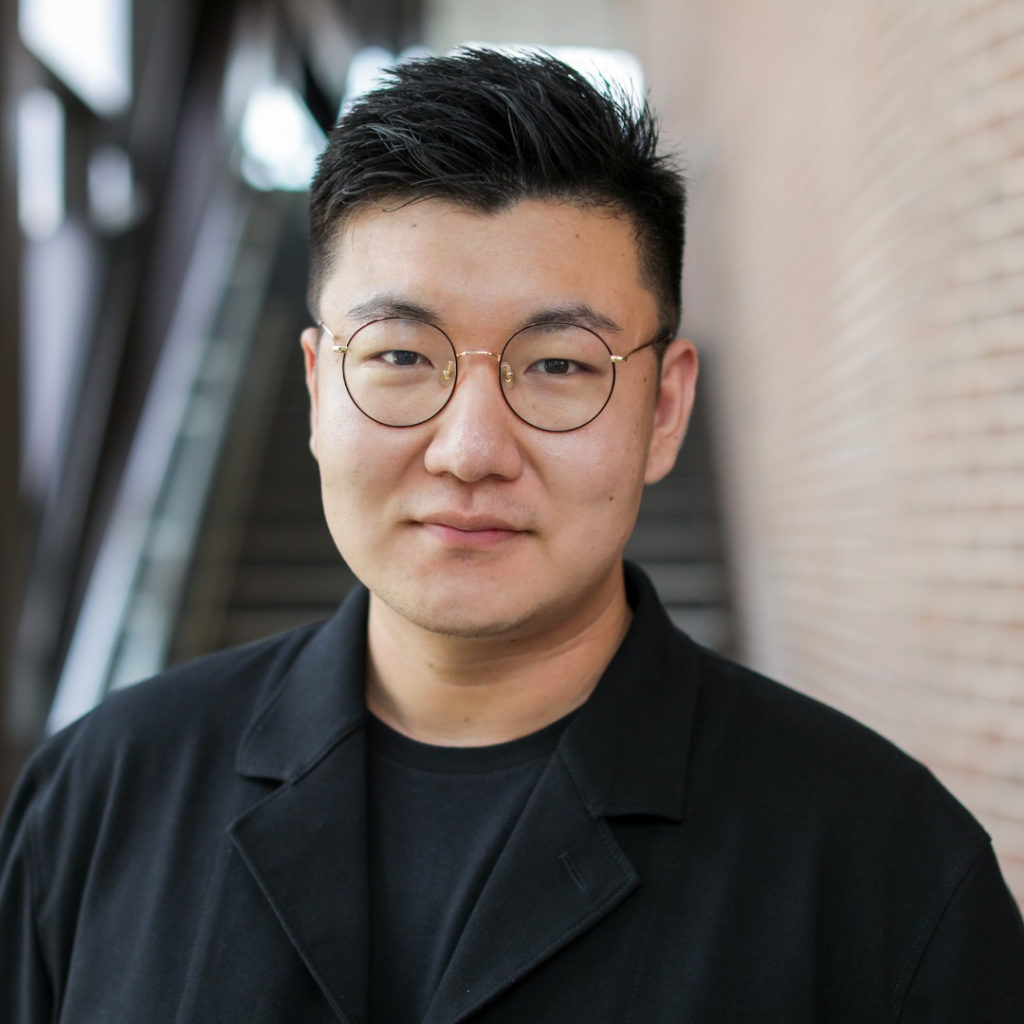
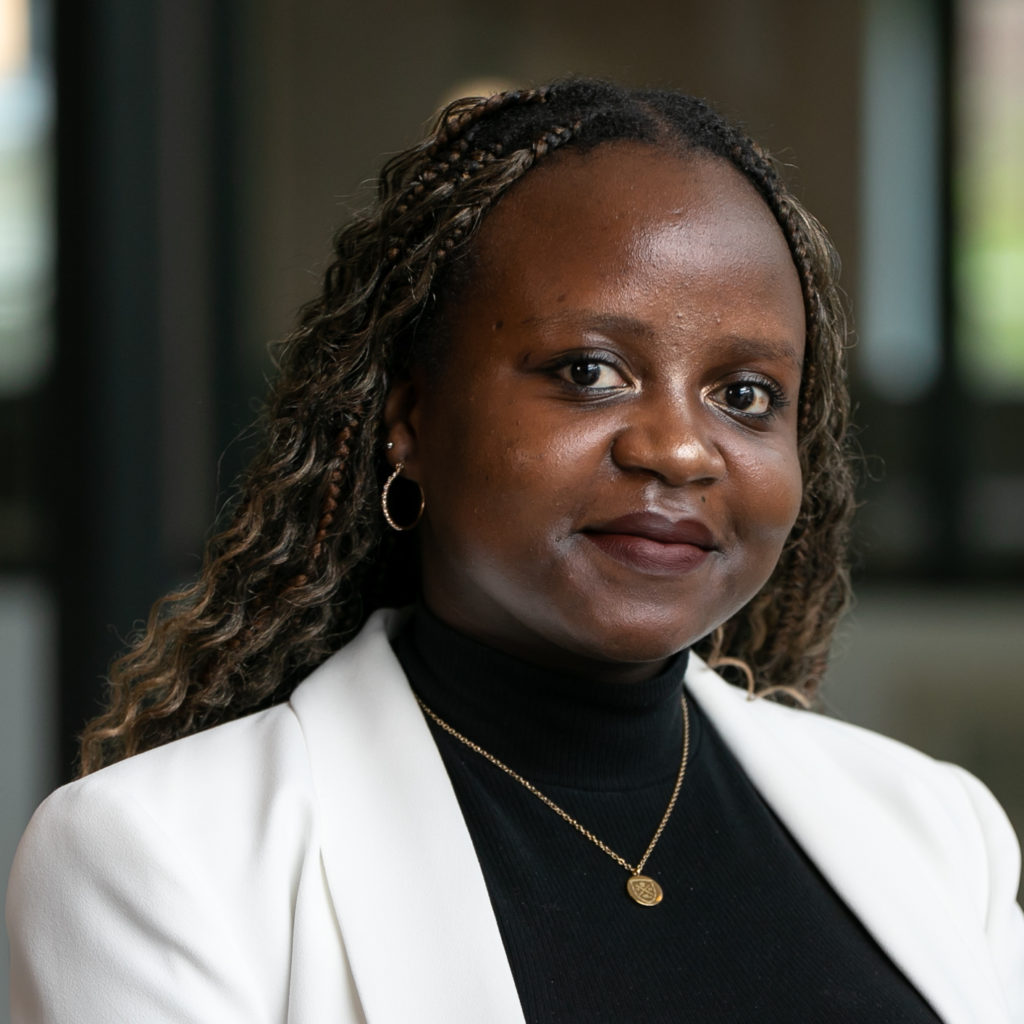
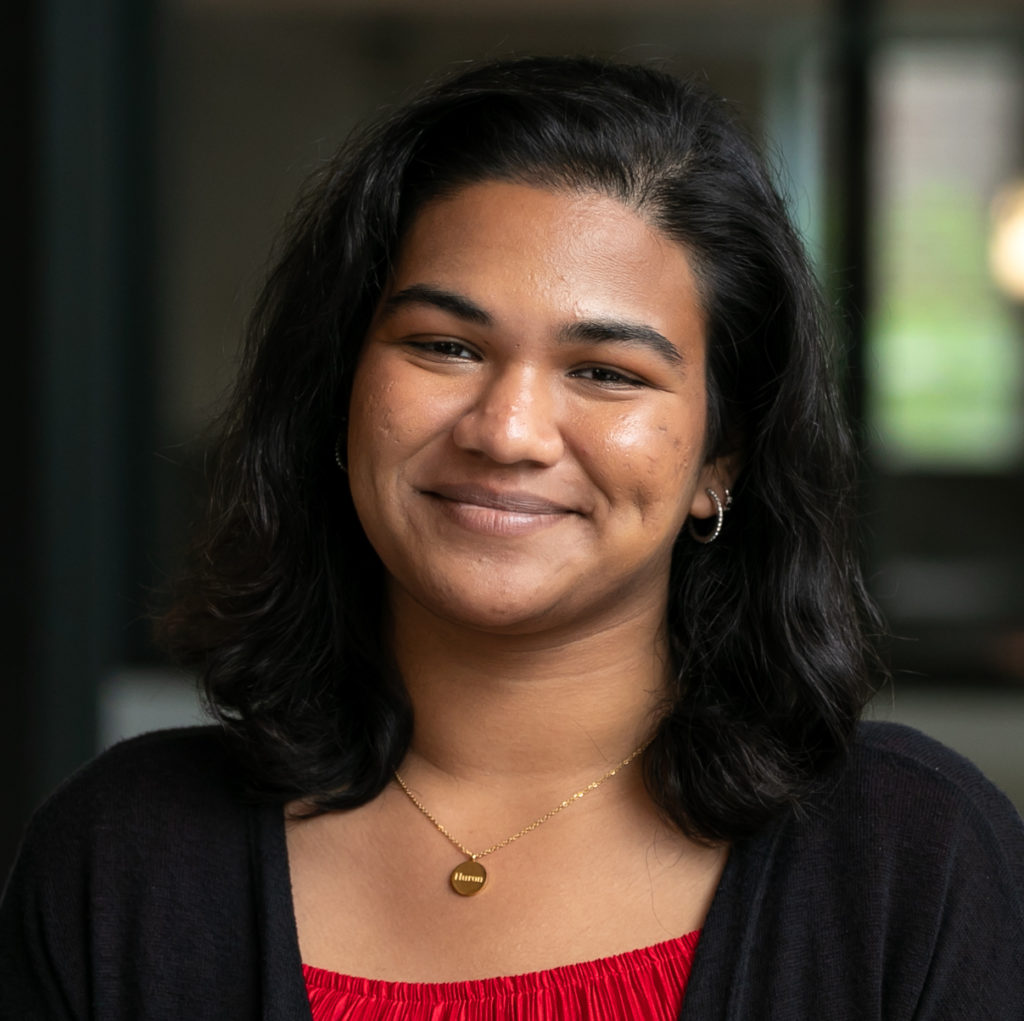
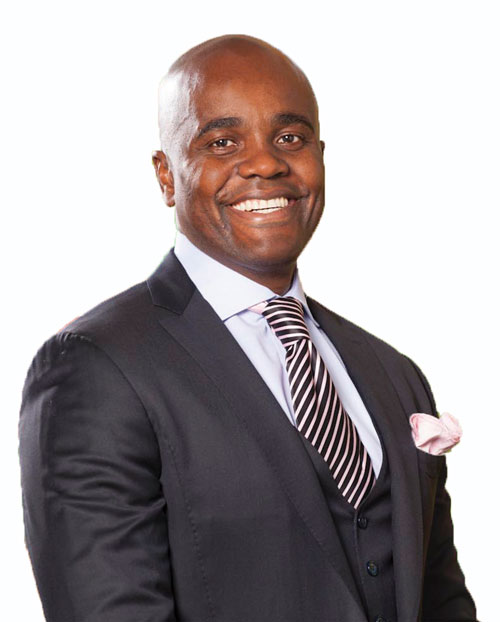 Wes Hall is the Founder and Chairman of Kingsdale Advisors, and The BlackNorth Initiative, and Canada’s first Black Dragon investor on CBC’s Dragons’ Den.
Wes Hall is the Founder and Chairman of Kingsdale Advisors, and The BlackNorth Initiative, and Canada’s first Black Dragon investor on CBC’s Dragons’ Den.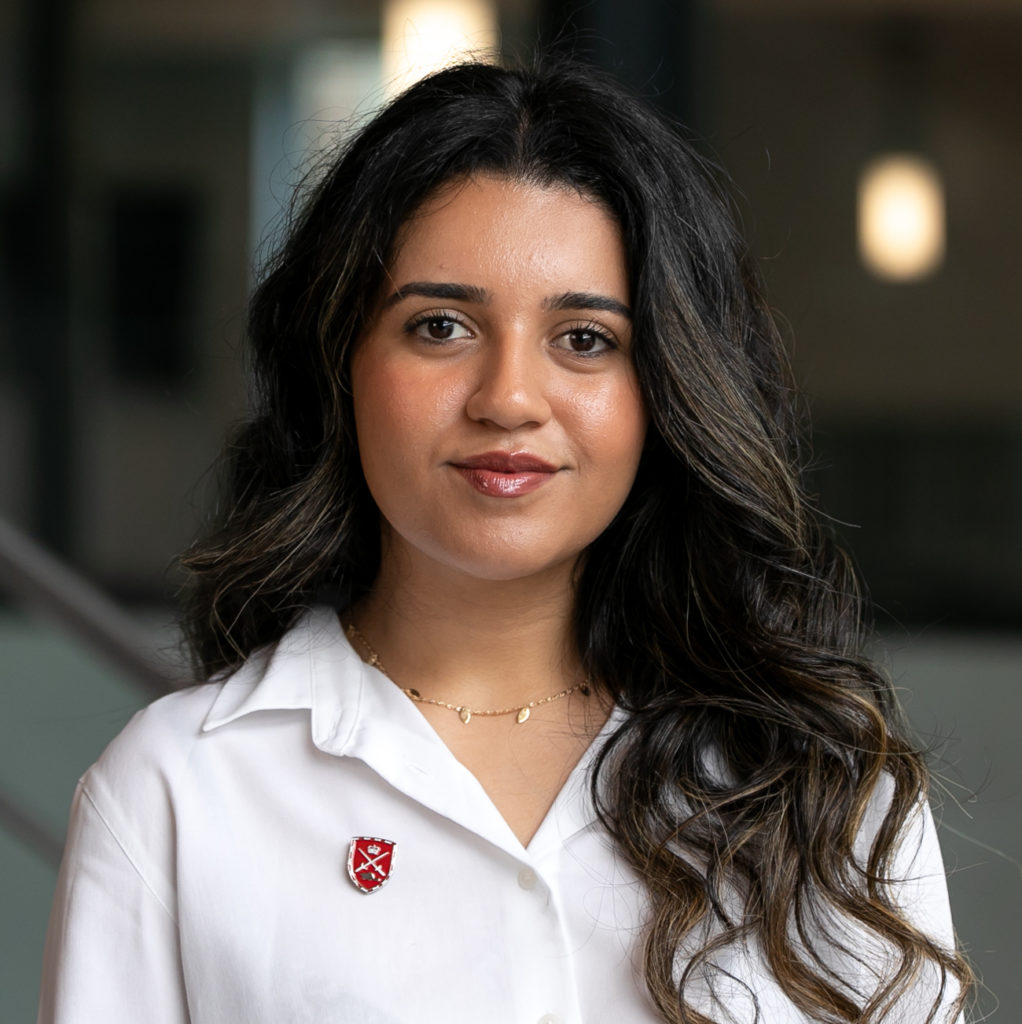
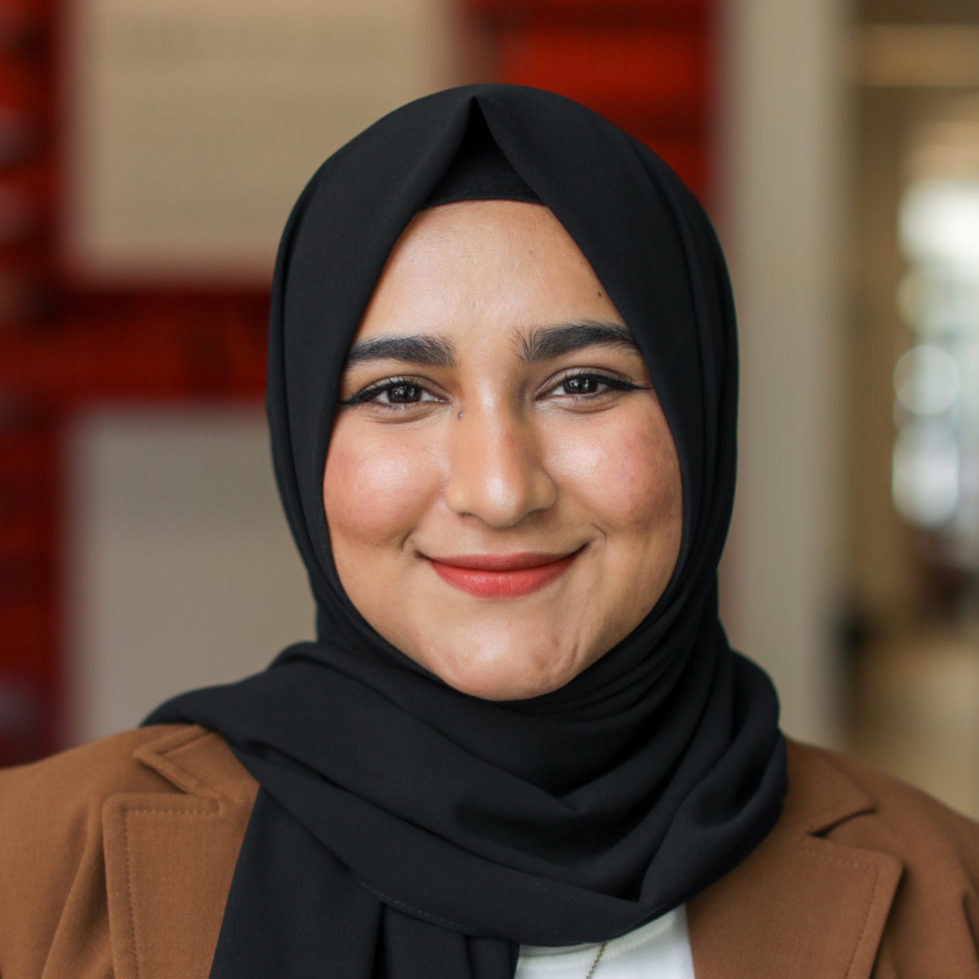
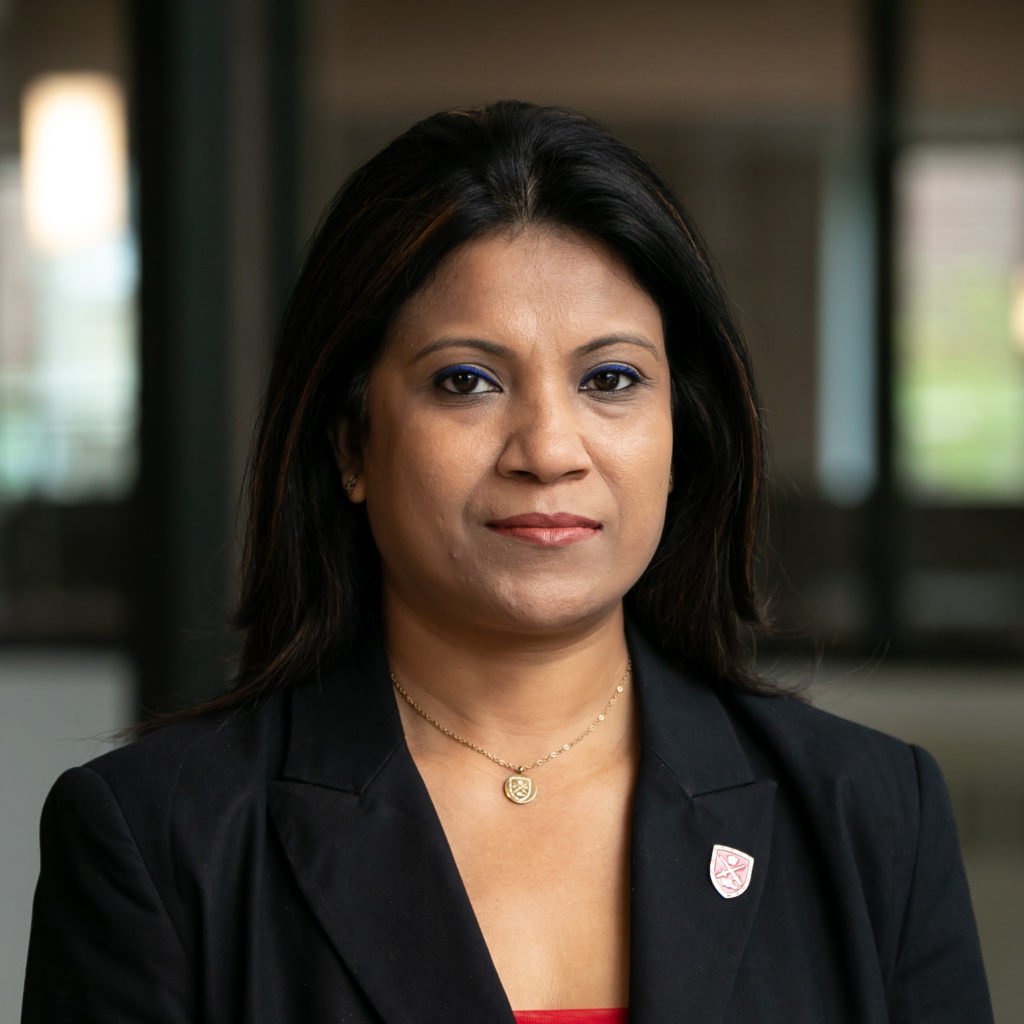
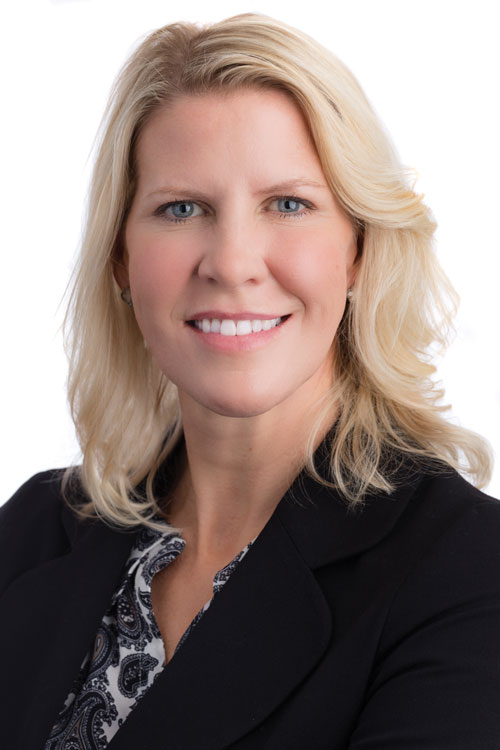 Leigh Allen is the AVP, Global Strategic Research, Reinsurance Group of America Inc., one of the world’s largest global life and reinsurance companies.
Leigh Allen is the AVP, Global Strategic Research, Reinsurance Group of America Inc., one of the world’s largest global life and reinsurance companies.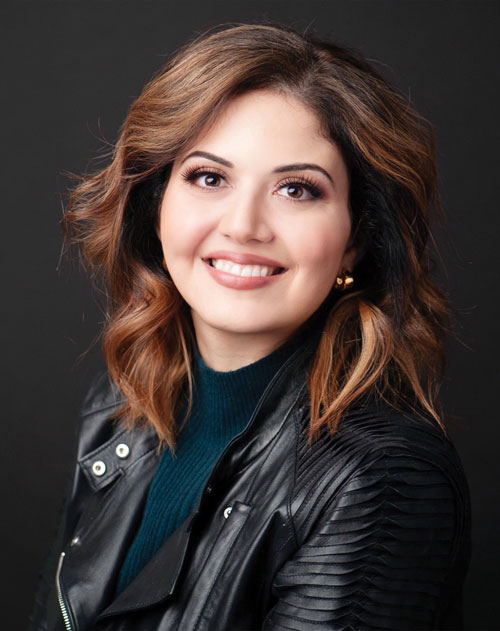 Yola Ventresca is a Managing Partner, Lerners LLP, Secretary of Huron’s Board of Governors and a Huron Class of ’02 alumni. Selected as one of Canada’s “Best Lawyers,” she is passionate about the value of Liberal Arts in helping students succeed in their careers.
Yola Ventresca is a Managing Partner, Lerners LLP, Secretary of Huron’s Board of Governors and a Huron Class of ’02 alumni. Selected as one of Canada’s “Best Lawyers,” she is passionate about the value of Liberal Arts in helping students succeed in their careers.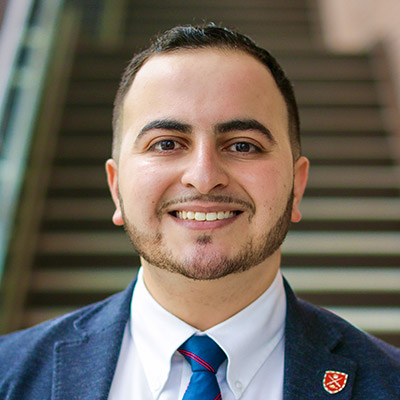
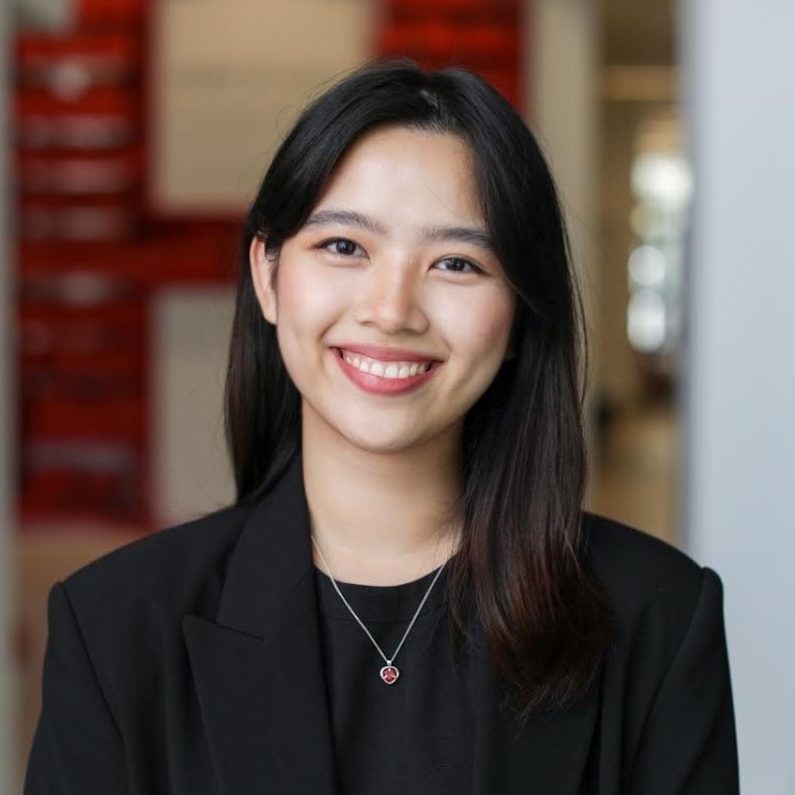
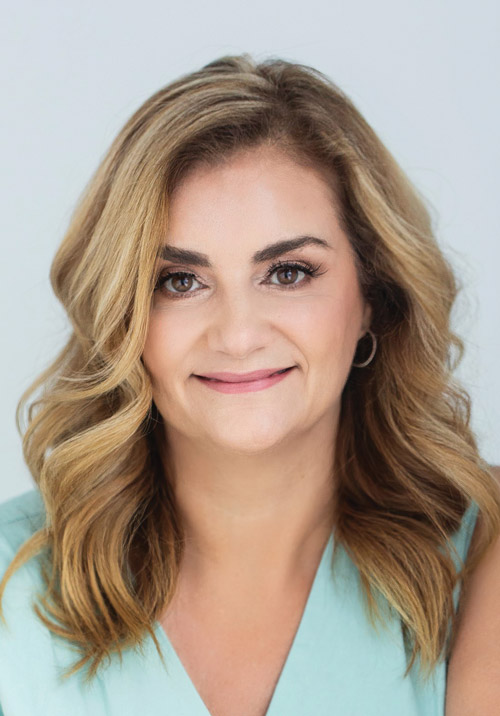 Lisa Jones Keenan is the Vice President of Sales at Xplornet Communications, the largest rural fixed wireless broadband service provider in Canada.
Lisa Jones Keenan is the Vice President of Sales at Xplornet Communications, the largest rural fixed wireless broadband service provider in Canada.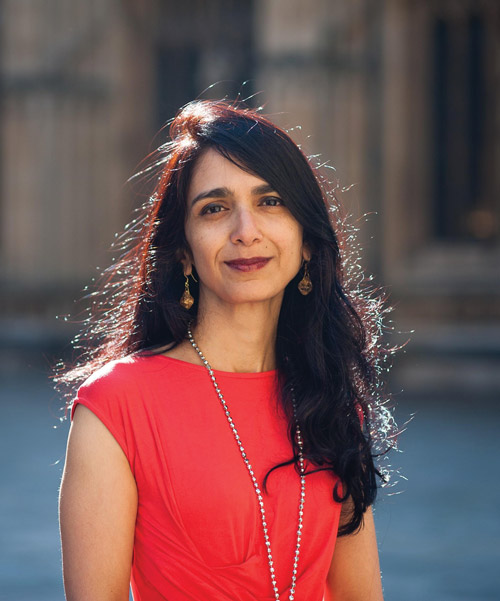 Ranjita is Executive Chair of the Oxford Global Partnership, advising investors, businesses, family offices and entrepreneurs on sustainable, inclusive and responsible value creation. A Business Fellow at Oxford University’s Smith School, Ranjita engages with companies on pursuing value with values, and teaches a postgraduate “Essentials of ESG & DEI” course.
Ranjita is Executive Chair of the Oxford Global Partnership, advising investors, businesses, family offices and entrepreneurs on sustainable, inclusive and responsible value creation. A Business Fellow at Oxford University’s Smith School, Ranjita engages with companies on pursuing value with values, and teaches a postgraduate “Essentials of ESG & DEI” course.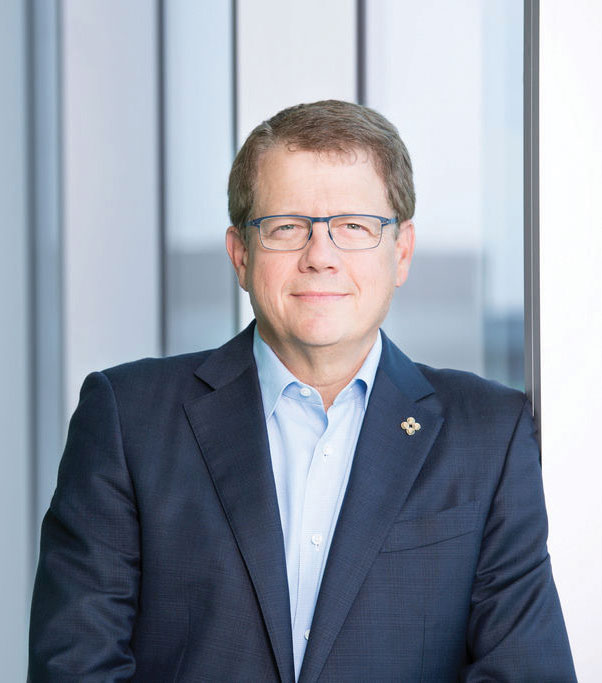 Michael Medline is the President and CEO of Empire Company Limited and Sobeys Inc., a leading Canadian grocery retailer with grocery and ecommerce brands that reach across Canada, including Sobeys, Safeway, IGA, FreshCo, Foodland, Thrifty Foods, Farm Boy, Longo’s and Voilà.
Michael Medline is the President and CEO of Empire Company Limited and Sobeys Inc., a leading Canadian grocery retailer with grocery and ecommerce brands that reach across Canada, including Sobeys, Safeway, IGA, FreshCo, Foodland, Thrifty Foods, Farm Boy, Longo’s and Voilà.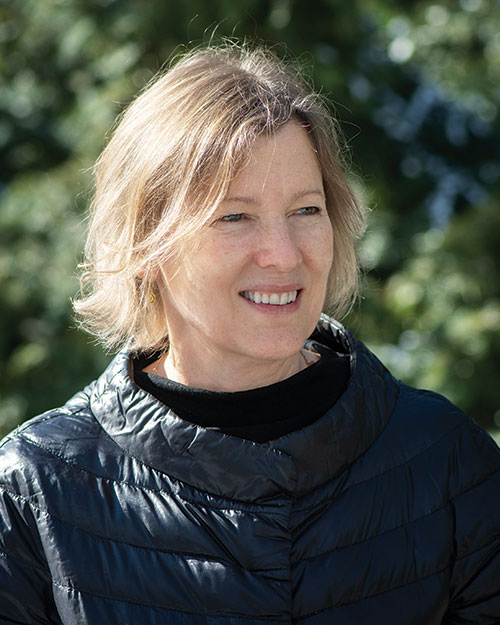 Susan Farrow is an Assistant Professor in The Temerty Faculty of Medicine at the University of Toronto and a Founding Partner and Co-Director of The Toronto Institute of Group Studies, an organization offering certified training and education in group leadership.
Susan Farrow is an Assistant Professor in The Temerty Faculty of Medicine at the University of Toronto and a Founding Partner and Co-Director of The Toronto Institute of Group Studies, an organization offering certified training and education in group leadership.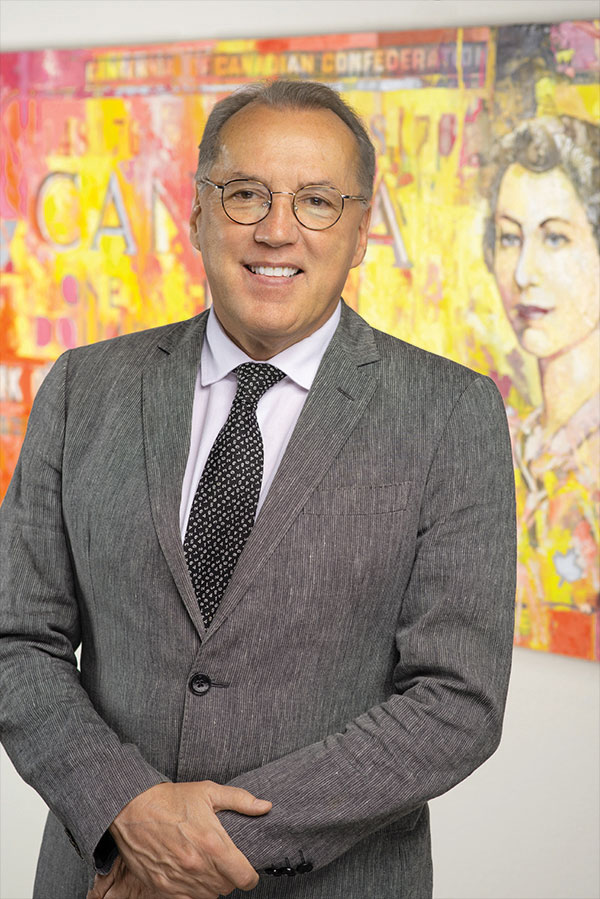 Frank Holmes is CEO and Chief Investment Officer of U.S. Global Investors, as well as a business commentator, philanthropist and Huron Class of ‘78 alumnus. Holmes also serves as the Executive Chairman of HIVE Blockchain Technologies, the first cryptocurrency mining company to go public in 2017.
Frank Holmes is CEO and Chief Investment Officer of U.S. Global Investors, as well as a business commentator, philanthropist and Huron Class of ‘78 alumnus. Holmes also serves as the Executive Chairman of HIVE Blockchain Technologies, the first cryptocurrency mining company to go public in 2017.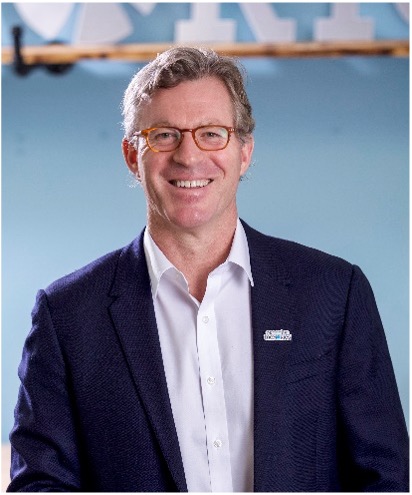 Caleb Hayhoe is the Founder & Chairman of Flowerdale Group and a Huron Class of ’85 Alumnus. Flowerdale Group is a Hong Kong based family office with a global investment outlook across public markets, real estate and private investment. Hayhoe previously spent over ten years building a global sourcing business together with an exceptional team, and remains committed to entrepreneurialism and helping great ideas become sustainable companies.
Caleb Hayhoe is the Founder & Chairman of Flowerdale Group and a Huron Class of ’85 Alumnus. Flowerdale Group is a Hong Kong based family office with a global investment outlook across public markets, real estate and private investment. Hayhoe previously spent over ten years building a global sourcing business together with an exceptional team, and remains committed to entrepreneurialism and helping great ideas become sustainable companies.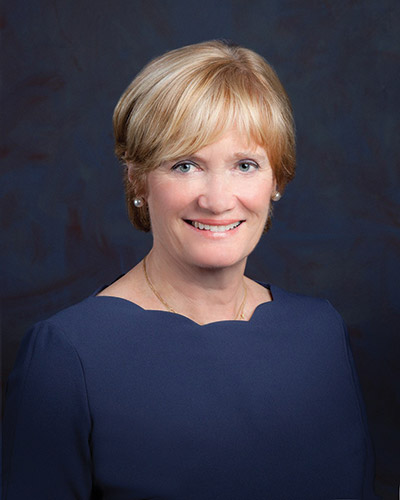 Kelly Meighen is an experienced philanthropist and volunteer. In her role as president of the T.R. Meighen Family Foundation, she has created a legacy of volunteerism and philanthropic giving in the areas of youth mental health advocacy, environmental conservation and cultural vibrancy.
Kelly Meighen is an experienced philanthropist and volunteer. In her role as president of the T.R. Meighen Family Foundation, she has created a legacy of volunteerism and philanthropic giving in the areas of youth mental health advocacy, environmental conservation and cultural vibrancy.
